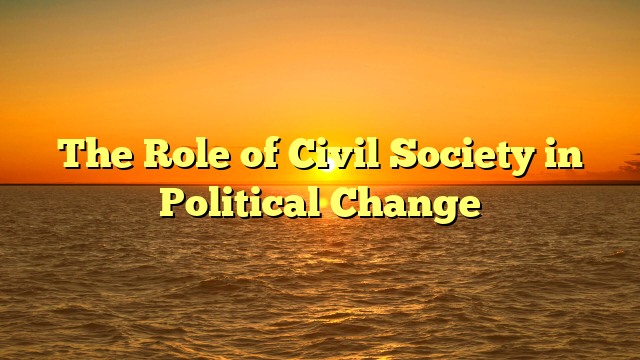Civil society—organizations and movements outside of government—plays a crucial role in political change. From grassroots activism to global advocacy campaigns, civil society acts as a bridge between vikingtoto citizens and states, pushing for accountability, justice, and reform.
Historically, civil society has been at the forefront of political transformations. The civil rights movement in the United States, anti-apartheid activism in South Africa, and pro-democracy movements worldwide demonstrate the power of collective action. By mobilizing ordinary people, civil society can challenge entrenched elites and demand systemic change.
Today, civil society operates in diverse forms. NGOs, unions, religious groups, and digital movements all contribute to political life. Digital platforms have given rise to new kinds of activism, allowing individuals to organize protests, share information, and pressure governments on a global scale.
However, civil society also faces significant challenges. Authoritarian regimes often restrict NGOs, censor activists, and use surveillance to suppress dissent. Even in democracies, funding shortages and political polarization can weaken civil society’s influence.
Despite these obstacles, civil society remains a vital force. It holds leaders accountable, amplifies marginalized voices, and promotes participation beyond elections. In many cases, governments respond to civil society pressures by adopting reforms or improving transparency.
In conclusion, civil society is an indispensable pillar of politics. Its ability to mobilize, advocate, and innovate ensures that citizens remain active participants in shaping their societies. As long as civil society thrives, democracy and political change remain possible.
